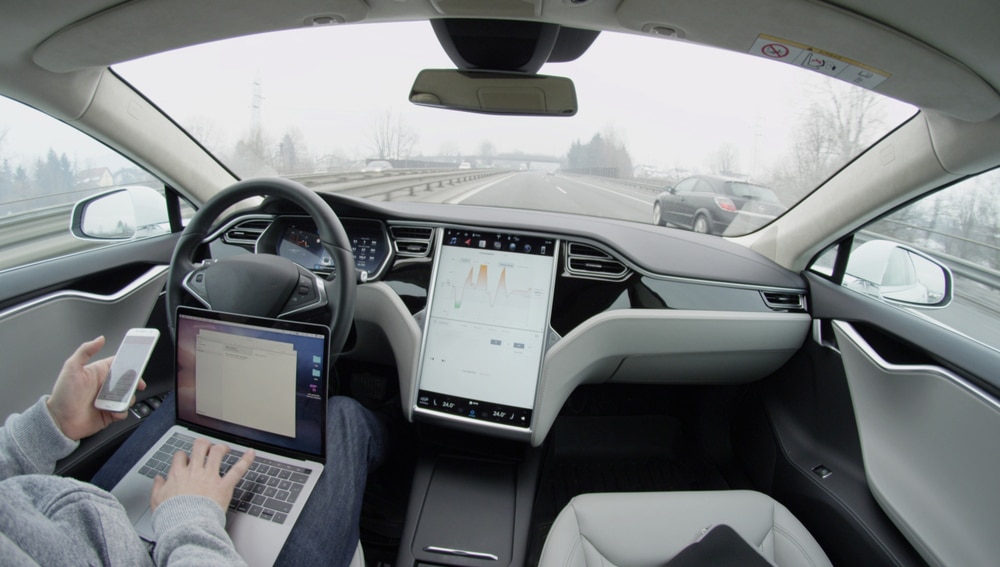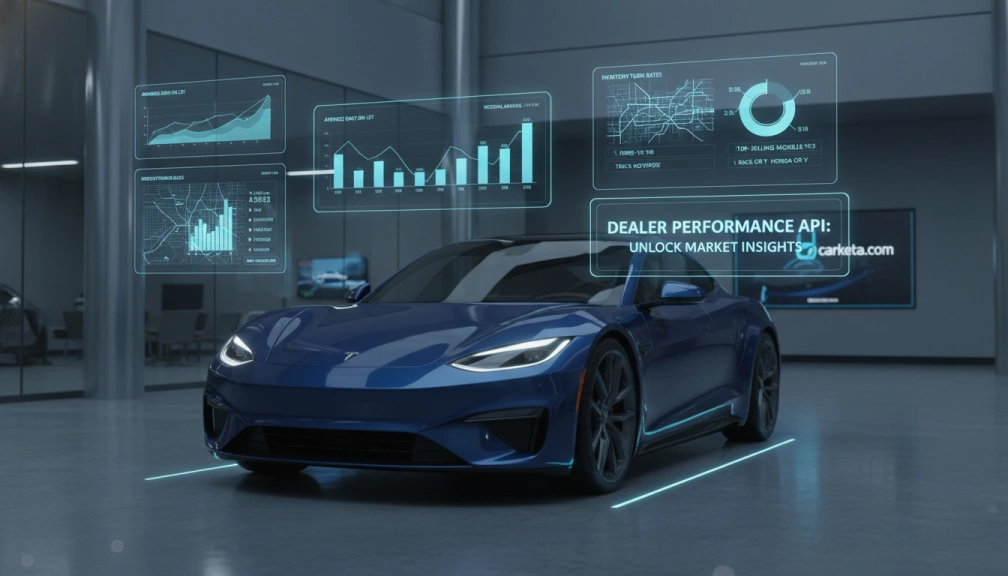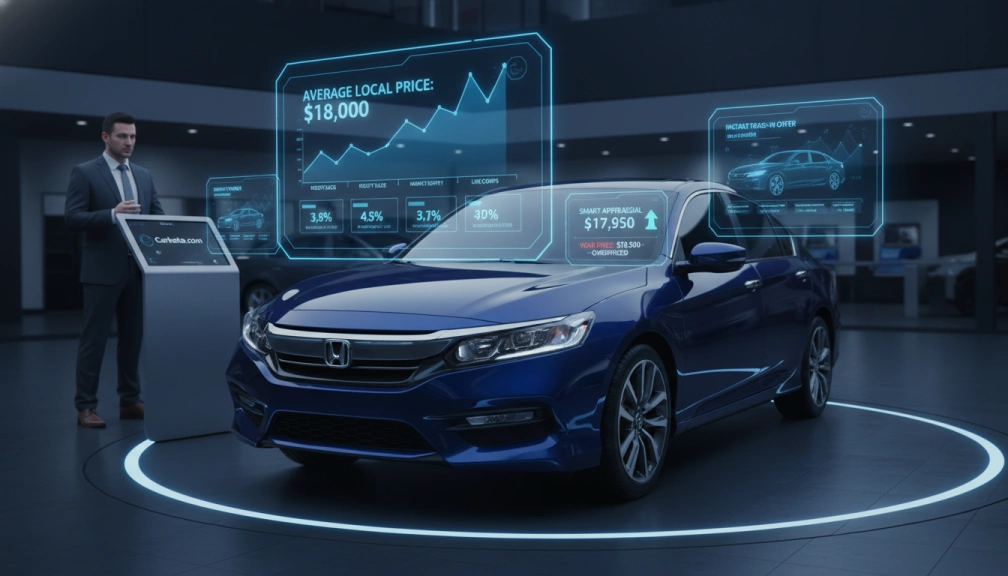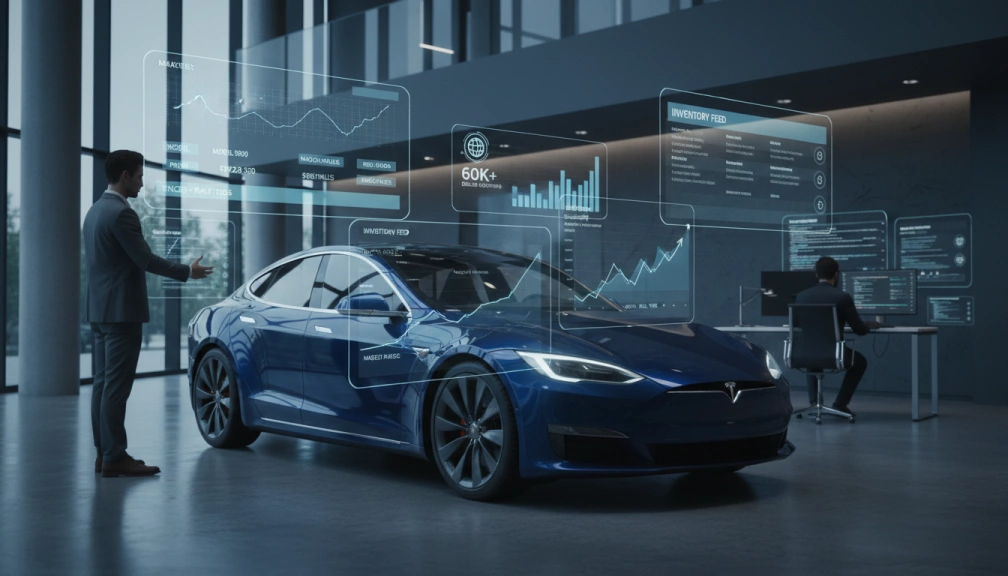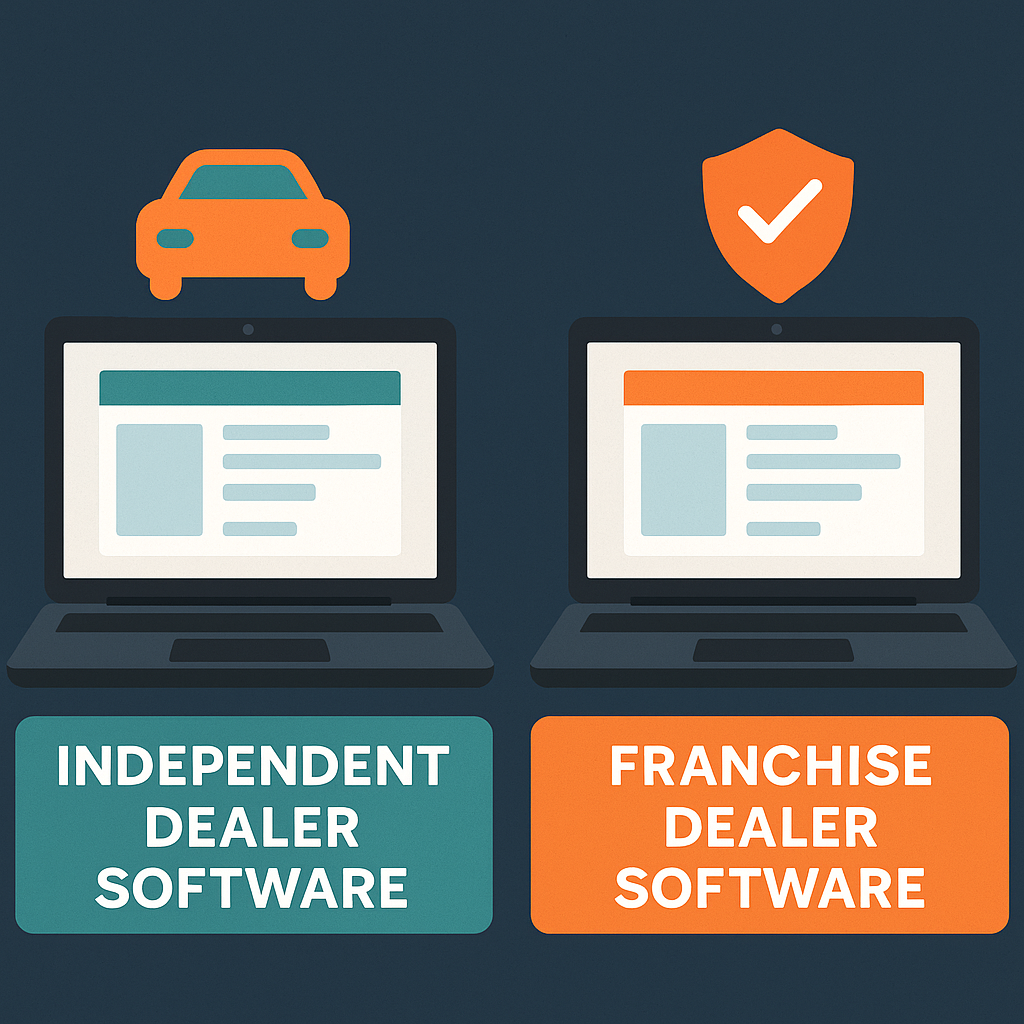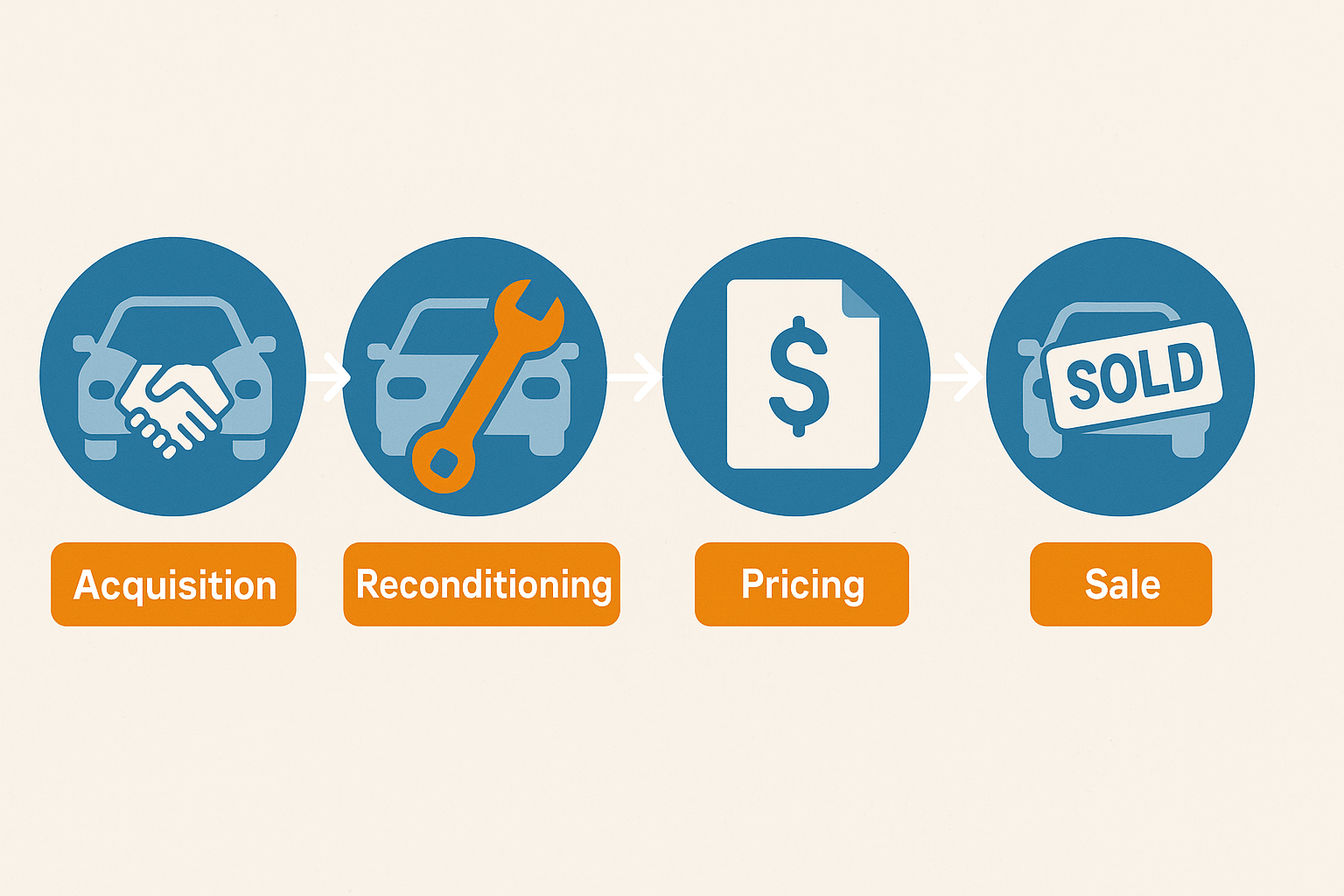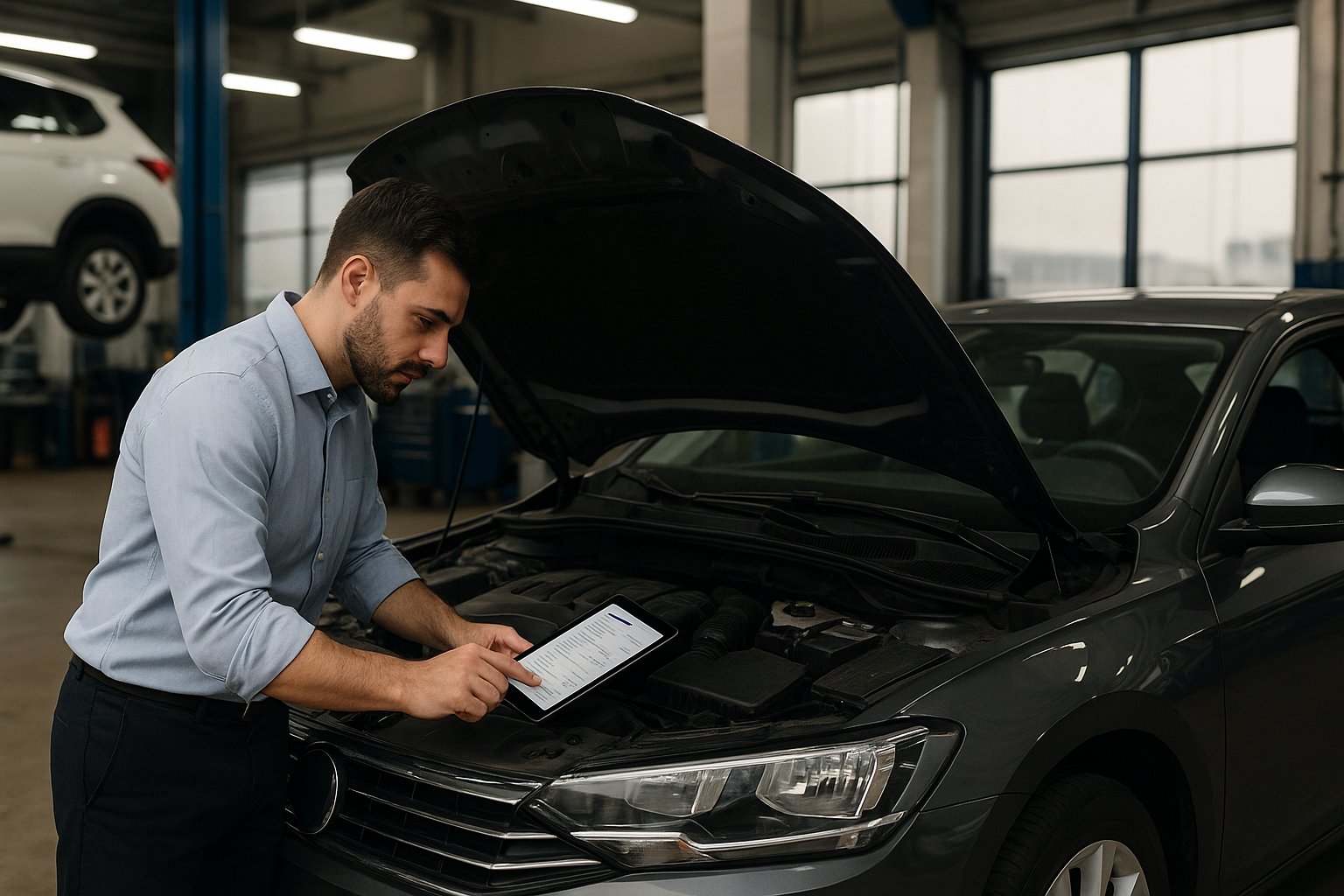Are self-driving cars safe? That’s a no, according to almost 70% of Americans.
As technology continues to evolve, self-driving cars are emerging as one of the newest innovations. The concept of a car that can operate autonomously independently has existed for some time. Still, recently automakers are making progress towards creating safer and more reliable autonomous vehicles. However, according to a survey by AAA, nearly 70 percent of motorists are still apprehensive about self-driving cars. This raises the question of are self-driving cars safe.
We have been discussing the possibility of self-driving cars year. And now, that discussion is becoming a reality. According to the AAA poll released Thursday, 68 percent of respondents fear fully self-driving vehicles. This is up from the 55 percent who said so in the association’s poll last year.
Also, trust in self-driving vehicles has decreased since last year. In 2019, 30 percent of those surveyed said they trusted self-driving cars. Meanwhile, this year only 23 percent expressed the same sentiment. Nine percent of respondents were unsure how they felt about autonomous cars or did not have an opinion.
Roughly 40 million Americans live in cities where self-driving vehicles are being tested, and the majority of those surveyed said they have seen them. However, most seem skeptical of the technology or uncertain about its safety. Respondents cited various reasons for their lack of trust in self-driving vehicles. This includes concerns about hacking, privacy invasion, and potential mechanical malfunctions.
Researchers also found that differences in attitudes towards autonomous cars may be related to age and gender. Men were more likely than women to express trust in self-driving vehicles (28 percent compared to 18 percent). Younger adults (18–25) had the highest levels of confidence (31 percent). Meanwhile, only 19 percent of those aged 55 and overexpressed trust.
How Safe Are Self-Driving Cars?
AAA defined a self-driving vehicle for its poll as one capable of operating without any human intervention. Thus, a driver does not need to control it at any point during operation physically. While these vehicles are not available to the public, several companies are developing the technology and making strides toward commercialization.
When discussing the safety of self-driving cars, it is crucial to understand their capabilities and limitations. Carmakers equipped self-driving cars with sophisticated sensors and artificial intelligence (AI) software. This software can recognize road features, such as lane markings, traffic lights, and signs. This helps them to navigate roads and avoid objects such as pedestrians and other vehicles in their path.
In addition to these sensors, self-driving cars can also recognize the actions of other drivers on the road. This includes understanding when a driver turns or brakes, allowing the vehicle to adjust its speed and location to maintain a safe distance. This helps the car remain within the boundaries of the rules of the road while also avoiding potential collisions.
Limitations
Despite these safety features, many still think self-driving cars come with some risks. For example, they cannot detect objects outside their field of vision or anticipate unexpected changes in traffic patterns. They also risk malfunctioning due to software errors or other issues such as cyber security threats.
Due to these limitations, drivers must be aware that self-driving cars are still developing and must be ready for full autonomy on public roads. However, many automakers are taking steps to ensure the safety of their autonomous vehicles by testing them in controlled environments before they release them to the public.
It is also essential for drivers to use caution while operating a self-driving car as they are not equipped with full autonomy yet and still depend on the driver’s attention and control. Therefore, drivers should be aware of their surroundings at all times and pay attention to potential hazards, such as pedestrians or other cars that may be nearby.
Despite these safety considerations, automakers continue to progress toward creating reliable and safe autonomous vehicles. As a result, self-driving cars are expected to reduce the risk of human error, which could lead to fewer collisions and fatalities on our roads. As more research is conducted into the technology and its capabilities, we expect to see even more tremendous advances in safety and reliability.
In Conclusion
While self-driving cars are still in development and are not yet ready for full autonomy on public roads, they are equipped with sophisticated sensors and AI software designed to make driving safe. As automakers continue to research and test autonomous vehicles, we can expect to see even more significant advances in their safety and reliability, which could lead to fewer collisions and fatalities on our roads.
Drivers need to be aware of both the capabilities and limitations of self-driving cars while also using caution when operating one. With these considerations in mind, motorists can rest assured that self-driving cars are safe and reliable when used correctly.
Explore related articles to learn more about software solutions for car dealerships:
